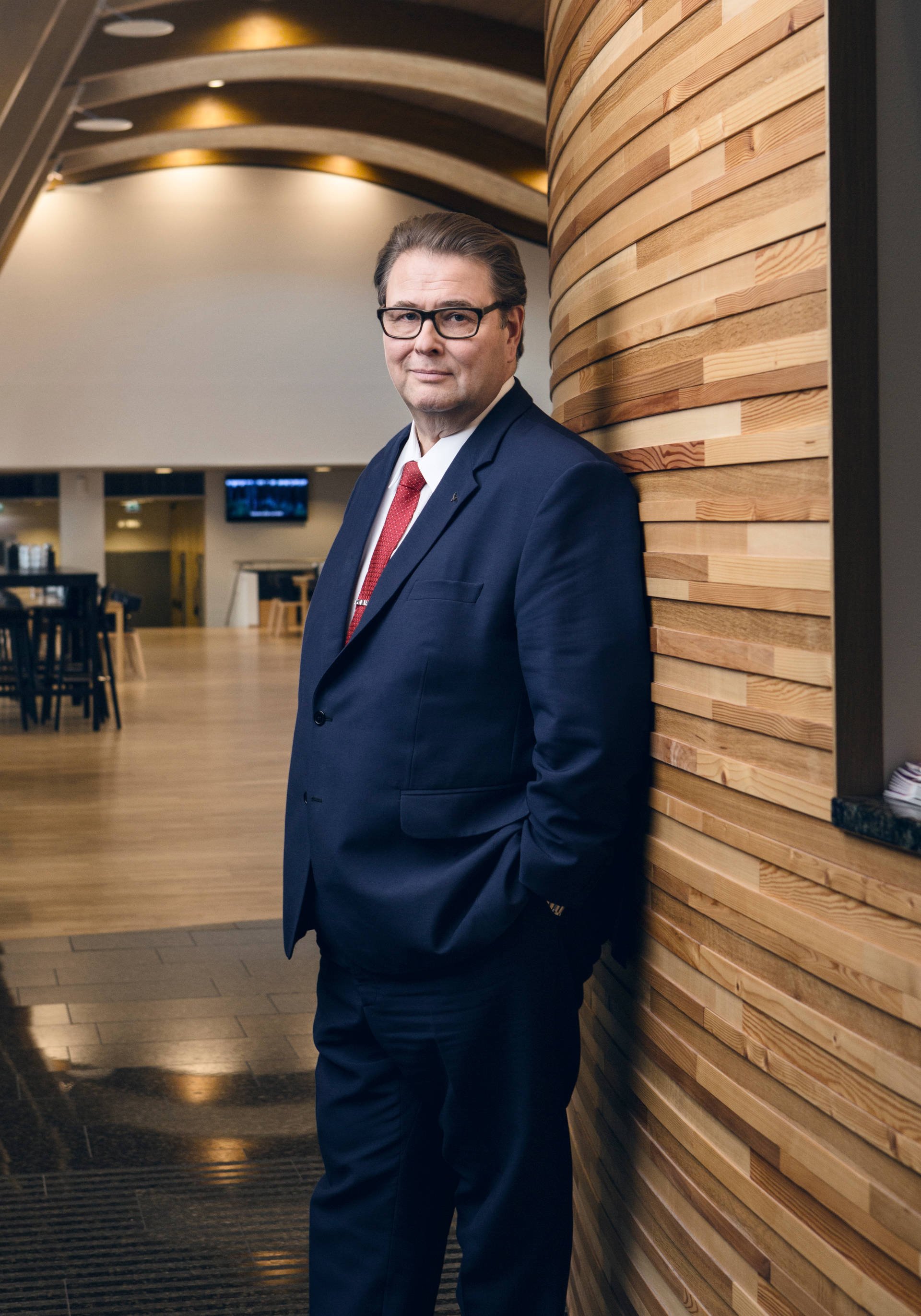29 April 2025
Like last year, the first quarter of 2025 was marked by low demand and a weak financial result. Comparable result improved from the first quarter of 2024, largely because of the impact of political strikes in the comparison period.
The market outlook for business areas is consistent with previous reports. Wood supply is progressing as planned at a slightly increasing price level, while demand in the mechanical forest industry is not showing signs of recovery in the construction industry. Demand for Kerto® LVL has remained at a good level, and sawn timber prices have increased during the first quarter.
Market development of the pulp business is affected by the uncertainties concerning China’s economy, and the increased capacity of eucalyptus pulp. However, the price indexes for both the Chinese and European markets increased slightly in the first quarter.
The folding boxboard market continues to be disturbed by the significant overcapacity of corresponding qualities from Asian producers. The market situation for coated linerboard was normal. The US tariffs announced after the reporting period are creating uncertainty in delivery estimates. The market for tissue and greaseproof papers has remained stable.
The ongoing development investment projects have progressed as scheduled. Equipment installations began at the Äänekoski Kerto LVL mill, and test runs will be initiated in a year. The installation of the main equipment for the Mariestad tissue paper mill investment is underway, and test runs of the converting lines and automated warehouse will begin with the products of current lines in the second quarter. Construction of the lignin demo plant is progressing in Äänekoski, and preparations are underway for the commissioning of a carbon capture demo plant in Rauma. Pre-engineering of new product investments is continuing. As for Muoto moulded fibre packaging, the demo plant’s products are now being sold on the market. Pre-engineering of industrial production of the Kuura textile fibre was initiated.
In addition to development investments, Metsä Group must ensure its current mills’ competitiveness. The maintenance of Metsä Group’s mills is based on the long-term life-cycle plans drawn up for each mill. A planned development programme is underway at the Simpele board mill, the first phase of which includes the renewal of the production line’s coating section. The investment is valued at approximately EUR 60 million and is expected to be completed in the second half of 2025.
Change negotiations were initiated at the Kreuzau and Mänttä tissue paper mills to improve the efficiency of the mills’ production processes and shut down production lines at the end of their life-cycles.
A decision was made to close the Tako board mill, and the production of its products has been or will be moved to other mills. Efficiency improvement measures were determined for the Kyro board mill. Overall, these decisions will see slightly more than two hundred job reductions.
Production at the Suolahti birch plywood mill ceased at the end of the quarter in accordance with the decision made in the previous quarter.
The growth trend in global demand for forest industry products has continued, and the importance of forestry and the forest industry remains strong for Finnish society. The conditions for pursuing profitable business remain good in Finland despite the recent upheaval in global politics and economic uncertainties.
The Group has a strong 57% equity ratio, and its net gearing ratio is approximately at 20% level. We have carried out several investments to strengthen our competitiveness, and our development portfolio contains many projects for developing our current business and expanding Metsä Group’s product portfolio. Our goal is to increase the added value of our products and replace fossil raw materials. Metsä Group’s future choices will be guided by its ownership strategy, which essentially strives to create value for the forest assets of the Cooperative’s owner-members.
In February, the Board of Directors of Metsäliitto Cooperative appointed the next President and CEO, who will assume the post on 1 July 2025. I am convinced that Metsä Group and its parent company Metsäliitto Cooperative have a successful future ahead of them as important players in the global forest industry. Success is based on persistent and systematic work, and our ownership base provides excellent opportunities for this.
To conclude my last interim report, I wish to thank all our owner-members and owners of the other Group companies for your trust and cooperation. I also wish to thank the many representatives of our stakeholders for the fruitful discussions and feedback that have encouraged me and our organisation to move forward on the path of continuous improvement.
Ilkka Hämälä
President and CEO
Metsä Group





